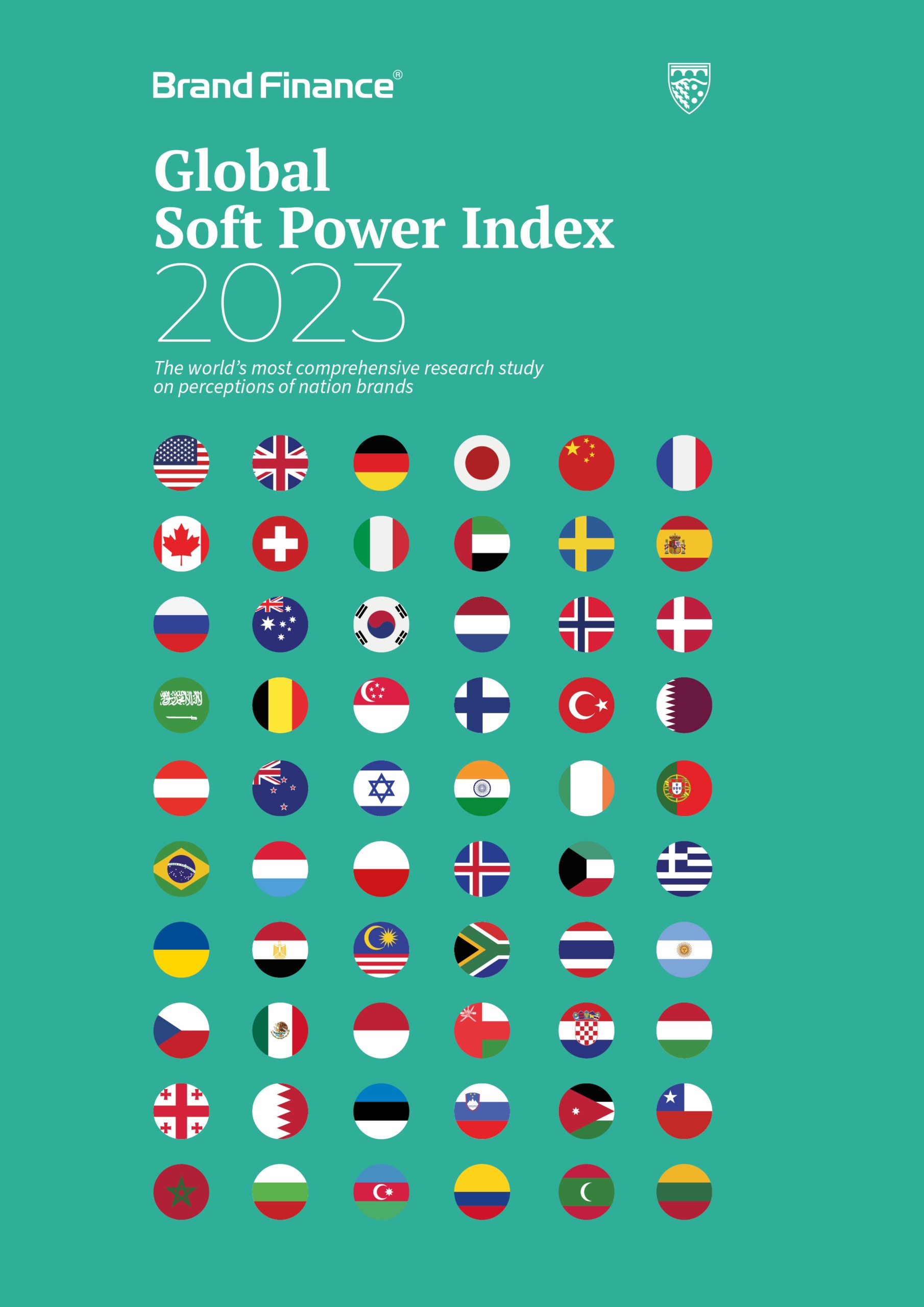This article was originally published in the Global Soft Power Index 2023.

Brand Finance DACH
In last year’s edition of the Global Soft Power Index, I discussed the significant political changes happening in Germany. This included Germany’s handling of the Covid pandemic, the end of Angela Merkel's 16-year reign, and the start of the Russian war of aggression in Ukraine, which is only 1,500 km away from the German border. However, this year’s Global Soft Power Index demonstrates Germany's strong level of resilience and stability, continuing to be perceived strongly across the globe. Germany has maintained its third-place position in the Global Soft Power Index, increasing its absolute score by 1.2 points.
The nation achieved the highest score in the new pillar Sustainability Future, while Germany's scores in the Governance pillar have improved, and slightly decreased in the People & Values pillar. The results show that Germany is the most well regarded nation in the areas of Sustainability and Governance. Germany also ranks among the top three countries in International Relations and Media and Communication. Germany is the fourth highest country in terms of Reputation and Economy & Trade, and fifth best in the key metric of overall Influence.
Overall, Germany's position in the GSPI Index 2023 is impressive and reflects its ability to maintain its stability despite the challenges it has faced. The nation's focus on sustainability and good governance has helped it to become a leader in these areas. Germany's high ranking in other pillars of the GSPI 2023 also reflects its strong reputation, economy, and influence.
Germany's ability to maintain its high Soft Power influence despite the challenges it has faced also demonstrates its reliability and stability as a nation. In comparison to other top nations such as the USA, China, Japan, and the UK, which may react more unpredictably during times of crisis, Germany has proven to be a consistent and dependable leader in the Soft Power arena. Germany's performance in the GSPI Index 2023 reinforces its status as one of the most stable and esteemed Soft Power nations in the world.
In 2022, the triple threat of fuel supply disruptions, goods supply shortfalls, and labour supply constraints, along with the ongoing war in Ukraine, triggered a series of crises that many industrialised nations, Germany included, will need to confront. As the strongest economy in Europe, a leading political power, and a major world trading partner, Germany faces several specific challenges.

Firstly, Germany faces an energy crisis caused by the immediate exit from dependence on Russian oil and gas, while simultaneously transitioning away from coal and nuclear towards renewable energy sources. This poses a significant challenge for Germany.
Secondly, an economic crisis looms due to mounting inflationary pressures, sanctions on Russia, and sanctions on China. Additionally, the influx of over one million Ukrainian war refugees in just months, coupled with the ongoing struggles to integrate the over one million refugees and migrants from 2015-2016, is imposing increasing strain on society, the state, and local governments.
Moreover, an acute housing shortage exists with a deficit of 700,000 social housing units, along with a demographically-driven labor shortage, which is hampering economic growth and intensifying social conflicts. Soaring inflation, rent, energy costs, and daily living expenses are exacerbating the impoverishment of the lower working class and even encroaching upon the middle class.
Furthermore, alongside the US and UK, Germany is providing substantial military backing and armaments to Ukraine while embarking on massive militarisation efforts. All these dynamics seem poised to gradually transform Germany back into a Hard Power player over the medium-term. The age of cross-bloc moderation and passive neutrality has effectively drawn to a close for Germany.

